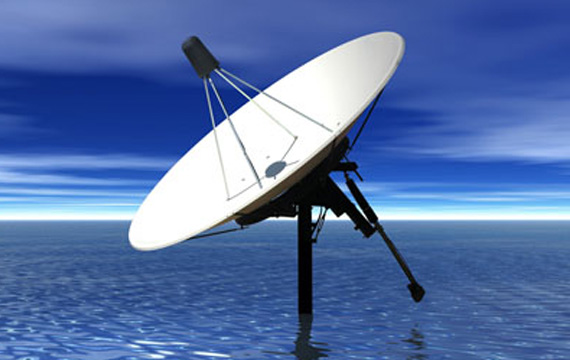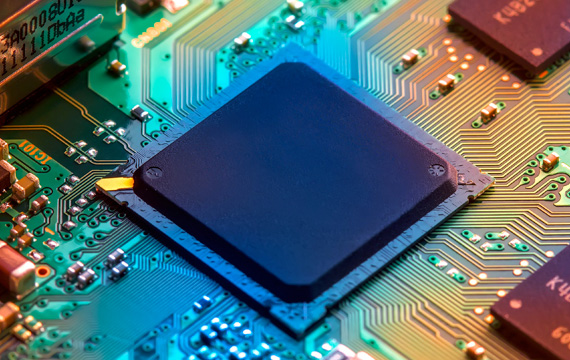
Scope of Electronics and Communication Engineering
Electronics engineers use mathematics and scientific logic to determine economical solutions to meet societal and consumer needs. Often, electronics engineers develop new products, specify precise functional requirements, design and test components, produce a final design and evaluate that design's cost, safety, reliability and effectiveness.
In addition to development and design, electronics engineers often work in maintenance, production or testing. Computers are used extensively by electronics engineers for simulation and emulation to test system operations, produce and analyze designs, control efficiency and monitor quality.
From Global Positioning Systems (GPS) to portable music players, automobile automation, telecommunication, navigation, semiconductor chip design, microcontroller and microprocessor programming, aviation systems, control systems, biomedical engineering, electronics engineers are responsible for a variety of technologies. They design, develop, test and supervise the manufacturing process of electronic equipment including broadcast and communications systems.
Electronics engineers thus, have an added advantage of getting into their desired field of interest anytime they want to.




